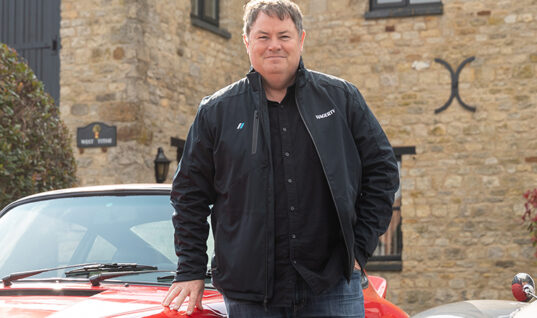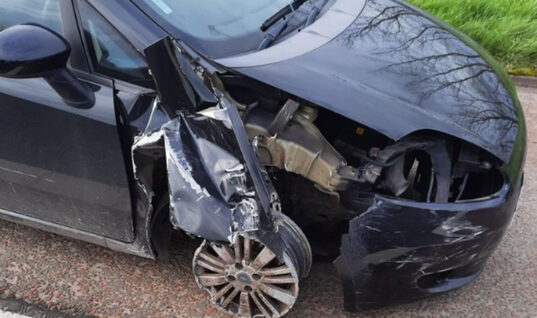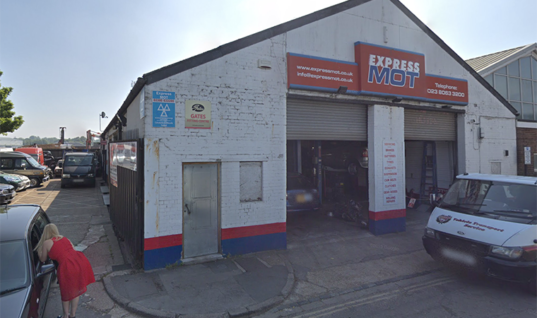When news broke back in September 2015 that VW, one of the worlds most trusted and respected brands had falsified diesel emission figures, it was an overnight disaster for the diesel car market, but the writing was already on the wall.

Andy Parsons of Shortfield garage in Surrey talks diesel in his latest column.
As early as 2013, some studies showed that diesel cars polluted way above lab levels.
The International Council on Clean Transport (ICCT) reported that some had levels up to 25 times the legal road limit.
The Royal College of Physicians study linked poor air quality to 40,000 premature deaths.
Being a VW specialist, diesel golfs were our mainstay in the years running up to 2015, but after numerous problems with DPF’s, murmurings in the press and the lack lustre 1.6tdi, we thankfully, some six months prior to VW gate had already made a decision that diesels were not for us so had no diesels in stock on that dark day for the motor industry.
However, many of our friends with forecourts full of diesels were not so lucky.
And this is not just a UK thing – a good friend of mine in Ulm, Germany lost an estimated 35,000 euros off his forecourt value.
So, wind forward to 2018 and there is talk of diesel car bans.
Diesel U-turn
The government that perpetuated the change to diesels in the late 90’s and through the new millennium, promoting and encouraging us to switch because of their sign up to the Kyoto Protocol to reduce CO2 emissions despite warnings from their own scientists, are now attacking the diesel car market with higher first-year taxes and charging zones springing up in towns and cities.
Other countries are already working on bans from some cities – Stuttgart and Dusseldorf already have.
Six years ago diesels accounted for over half of new car registrations, now just 35 per cent and even this is probably because of aggressive marketing by the manufacturers.
The newest euro 6 diesels from VW, BMW and Mercedes are leading the way with levels way below the current legal limits under real-world conditions at an average of 70mg of NOx per km – the new vehicle real driving emissions limit is 168mg per km.
The automotive industry and the Society of Motor Manufacturers and Traders (SMMT) that represents it has recently come out in defence of diesel cars and started a campaign to raise awareness of the clean diesel technology fitted to Euro 6-compliant models.
However there are mixed views from industry leaders.
Herbert Diess, VW CEO believes it is still the choice for drivers of bigger cars and SUV’s and Bram Schot of Audi thinks diesel has a role to play in reducing CO2.
Andy Palmer of Aston Martin, Sergione Marchionne CEO of FIAT group, Pascal Ruch – Lexus, Joe Bakaj – Ford and Jean Phillipe Imparato – Peugeot are less convinced in a future for diesel.
Our own government currently believe hybrid and electric vehicles are the way forward but what do we do with all the dead batteries?
Sales of new petrol and diesel cars are reported to be banned by 2040 but I personally wouldn’t bet on this.
London’s ultra low emission zone could be expanded to include cars and vans not meeting euro 6 and councils are already charging more for diesel parking permits.
And I haven’t even talked about clogged up DPF’s.
For me, I think the end is nigh for the diesel generation.
Clarkson will be delighted.
Share your comments below.







